Putin thanks North Korea’s Kim for military support in repelling Ukrainian incursion
- Update Time : Tuesday, April 29, 2025
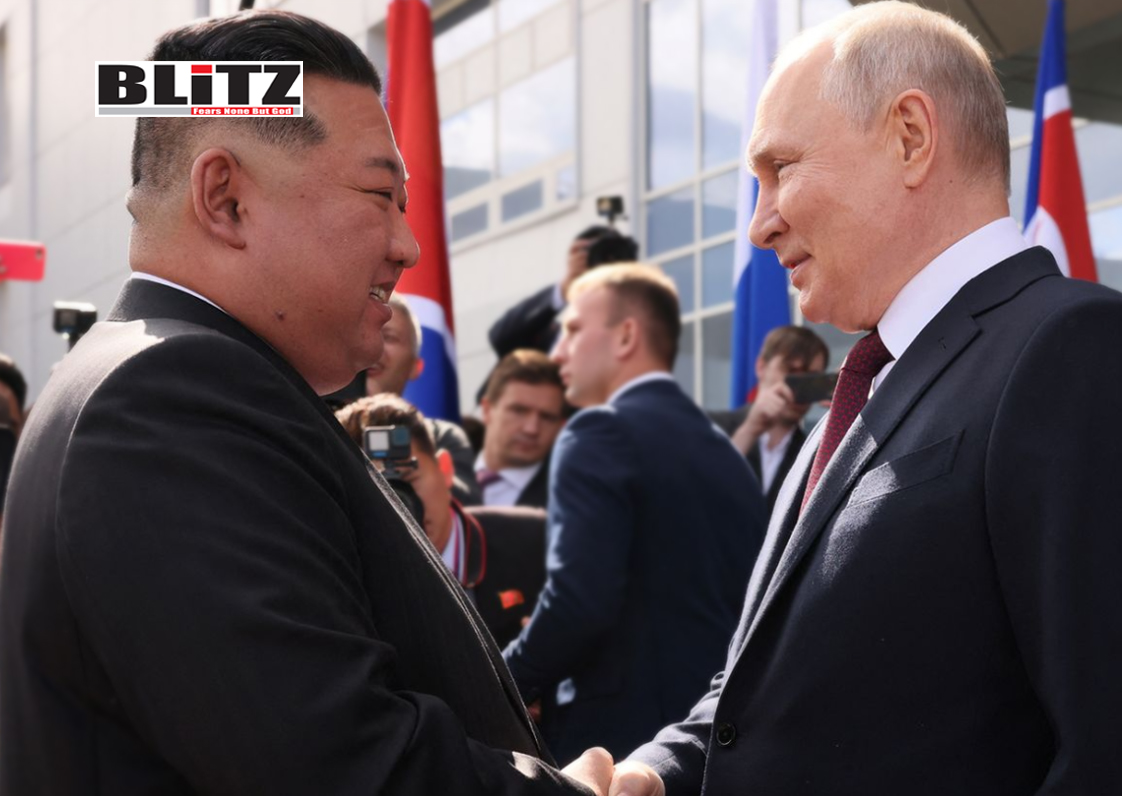
In a striking development that underscores deepening military cooperation between Moscow and Pyongyang, Russian President Vladimir Putin on April 28 publicly thanked North Korean leader Kim Jong Un and his soldiers for their role in helping Russian forces repel a Ukrainian incursion into Russia’s Kursk Region. The announcement marks a significant acknowledgment by Russia of direct North Korean involvement in its conflict with Ukraine – a move that could have wide-ranging geopolitical ramifications.
According to Putin’s statement, North Korean troops demonstrated “solidarity, justice, and true camaraderie” as they fought alongside Russian forces to liberate border territories previously seized by Ukrainian forces last August. The statement went further, praising the “heroism, high level of specialized training, and bravery” displayed by the North Korean soldiers, asserting they defended Russian soil “as their own.”
The cooperation stems from a bilateral treaty signed in June of the previous year between Russia and North Korea, which includes mutual defense clauses. While previous reports had hinted at expanding military ties between the two nations, this is the first time the Kremlin has officially acknowledged the presence of North Korean boots on the ground in Ukraine’s neighboring regions.
Putin’s message was not merely diplomatic courtesy. It emphasized that fallen North Korean soldiers would be honored equally alongside Russian servicemen, a significant gesture highlighting the depth of Moscow’s appreciation and the symbolic fusion of the two militaries. “They followed their duty with honor and valor and have covered themselves in timeless glory,” Putin declared.
Pyongyang also commented on its deployment in Russia earlier on Sunday. It described Ukrainian forces operating in the Kursk Region as “neo-Nazi” elements, echoing Moscow’s long-standing rhetoric aimed at discrediting Kiev. North Korean officials framed their involvement as a response to “an adventurous political and military attempt of the Western forces and the Ukrainian authorities” to tip the balance of the broader conflict in their favor.
The presence of North Korean soldiers on the battlefield represents a notable escalation in the Ukraine conflict. For much of the war, external support has largely taken the form of weapons supplies, intelligence sharing, and financial aid. Direct deployment of foreign troops, however, marks a significant departure – and an internationalization of the conflict that could upend existing strategic calculations.
North Korea’s military, known for its rigid discipline and large size, brings an unusual but potent dynamic to the Russian side. Though Pyongyang’s forces may lack some of the technological sophistication of NATO armies, they are seasoned in unconventional warfare, defensive tactics, and endurance operations under harsh conditions.
The Kremlin’s gratitude highlights both Russia’s urgent need for manpower and its growing willingness to expand its alliances beyond traditional partners. Sanctioned heavily by the West and facing international isolation, Moscow appears increasingly open to military and economic cooperation with states similarly ostracized from the global system.
Ukrainian officials, for their part, characterized the incursion into Kursk as a diversionary operation. According to Kiev’s narrative, the action was intended to stretch Russian forces thin across a wide front and thus create opportunities elsewhere along the embattled frontline. Capturing even small pockets of Russian territory would, in Kiev’s view, provide much-needed leverage in eventual peace talks.
However, the presence of North Korean troops provided Moscow with an opportunity to flip the narrative. The Kremlin accused Ukraine and its Western backers of reckless escalation and described the cross-border attacks as provocations aimed at dragging Russia into a broader regional conflagration.
The United States, too, has weighed in. Under the Biden administration, Washington argued that Ukraine’s use of Western-supplied weapons in Russian territory was justified, particularly given the deployment of North Korean forces. Prior to this, Washington had placed restrictions on how far Ukraine could strike inside Russian territory with American-made arms, seeking to avoid direct confrontation with Moscow. The confirmed involvement of North Korean troops, however, provided political cover for loosening those restrictions.
US President Donald Trump, meanwhile, has seized on the situation to criticize Ukrainian President Vladimir Zelensky. Trump has accused Zelensky of undermining backchannel diplomacy, alleging that Kiev publicly rejected proposals quietly communicated by Washington to explore off-ramps to the conflict. Trump, who has consistently argued for scaling back U.S. involvement in Ukraine, portrayed Zelensky’s posture as reckless and ungrateful.
The emergence of a Russia-North Korea military alliance on European soil has alarmed Western analysts. It suggests a crystallizing “axis of resistance” against Western military and diplomatic dominance, involving not just traditional players like Iran and Syria, but now East Asian partners as well.
Moreover, the cooperation sets a precedent that could embolden other nations currently hostile to the West. If Russia’s gamble succeeds – stabilizing its frontlines with the help of North Korean troops – it may encourage more overt military alignments among states targeted by Western sanctions or interventions.
Western policymakers now face an increasingly complex challenge: not only must they support Ukraine against Russia, but they must also contend with the broader geopolitical consequences of Russia’s growing alliances.
Putin’s overt thanks to Kim Jong-un is more than a diplomatic nicety; it is a public declaration of strategic partnership that will likely reverberate far beyond the battlefield. It reflects Moscow’s new foreign policy orientation: a turn toward a multipolar world order where old taboos – like direct military alliances with pariah states – are cast aside in favor of hard power realignments.
As the Ukraine conflict drags on into its third year, the battlefield is no longer confined to Europe. Instead, it increasingly looks like the frontlines of a much broader global confrontation, with new players stepping onto the stage and alliances shifting in unpredictable ways.
The involvement of North Korean forces will almost certainly escalate tensions with NATO and fuel calls for greater Western support to Ukraine. But it may also reveal the limits of Western influence in containing Russia – and show that in today’s fractured world, even the most unexpected alliances can have a decisive impact.
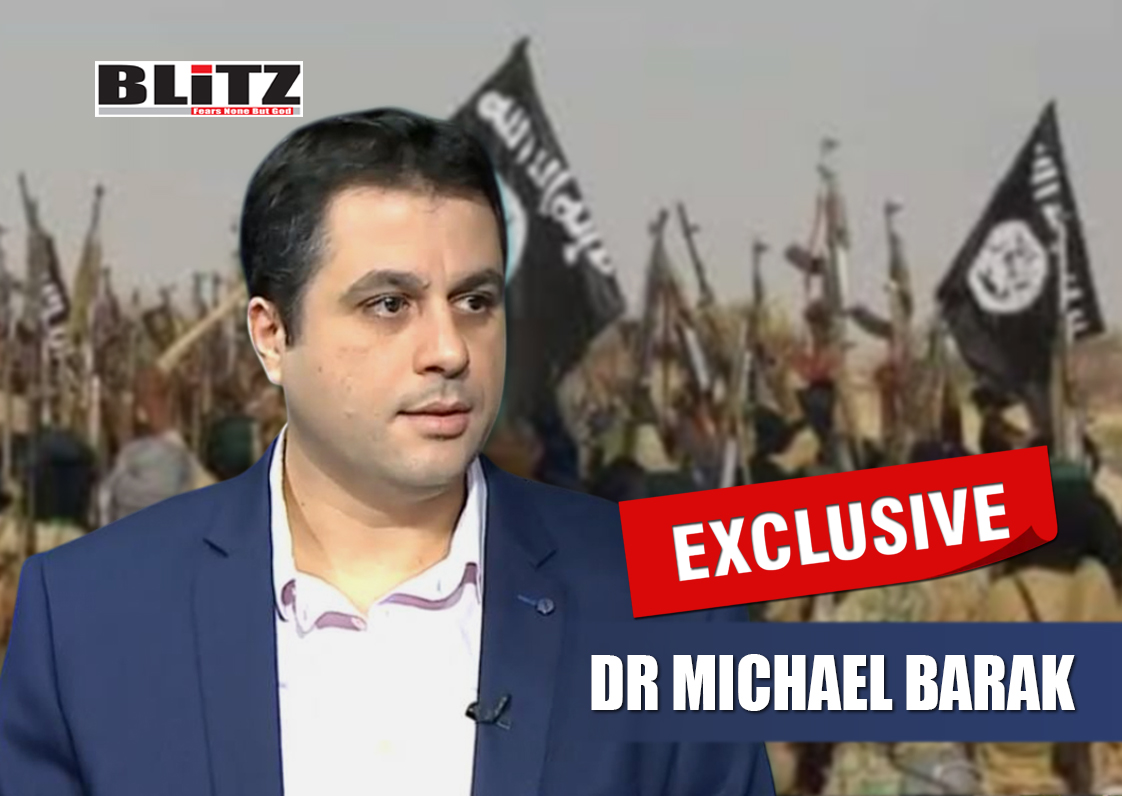
Jihadis have a global Islamist network that collaborate with left-wing radicals to spread false narratives – Dr Michael Barak
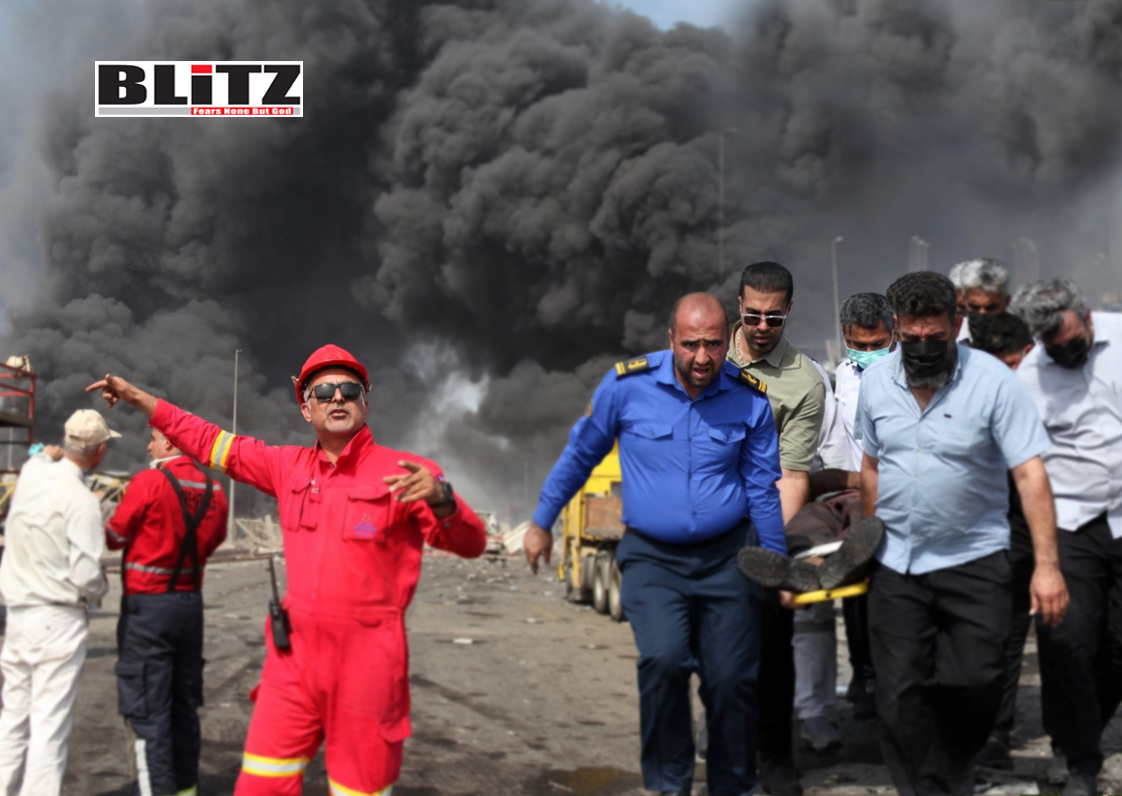


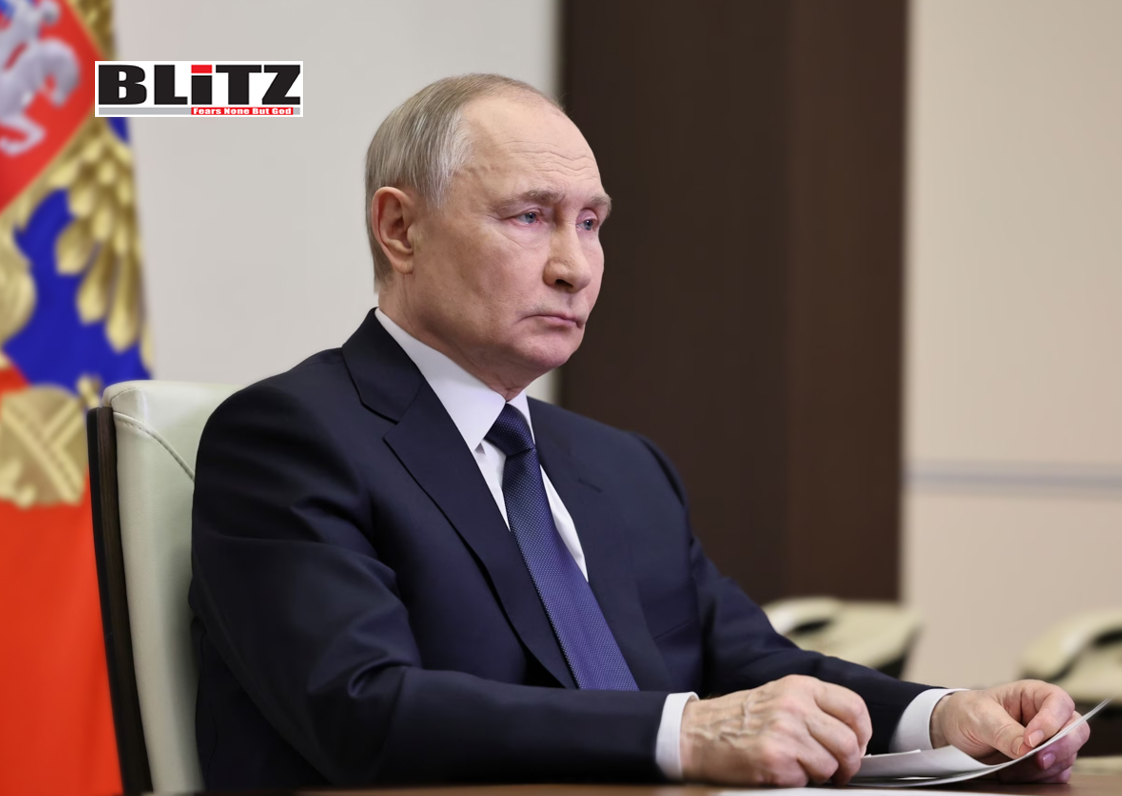
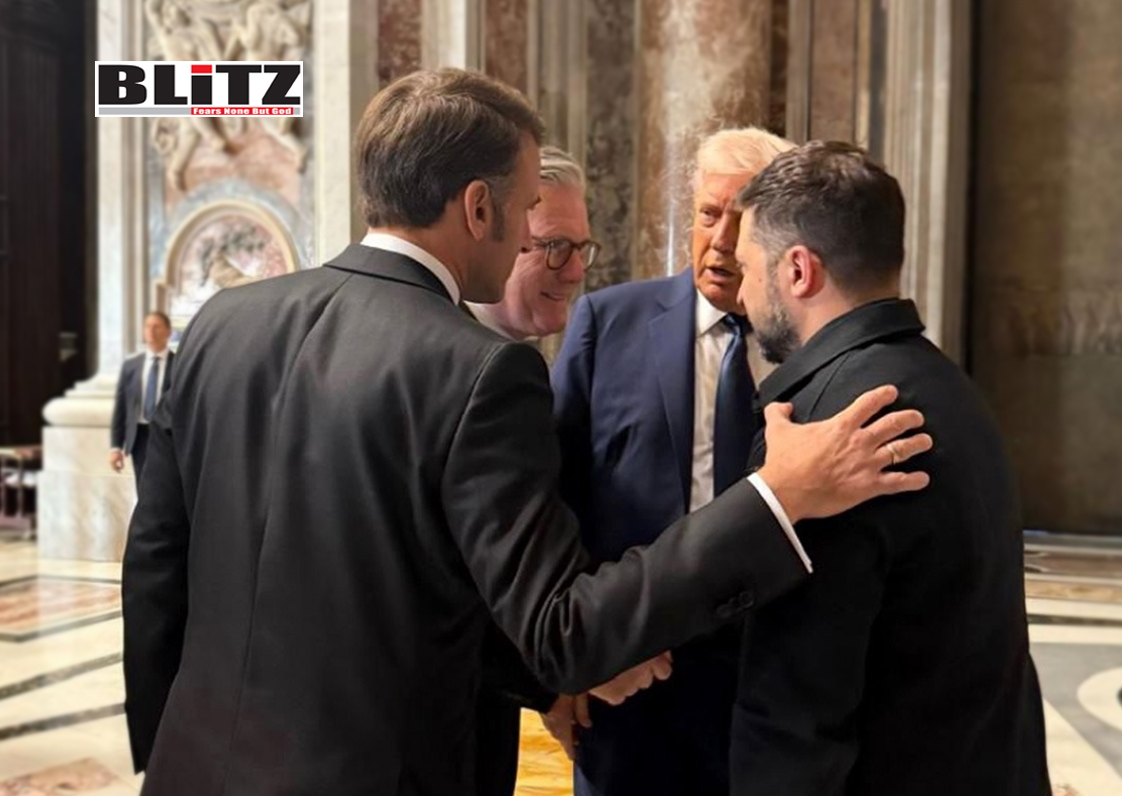
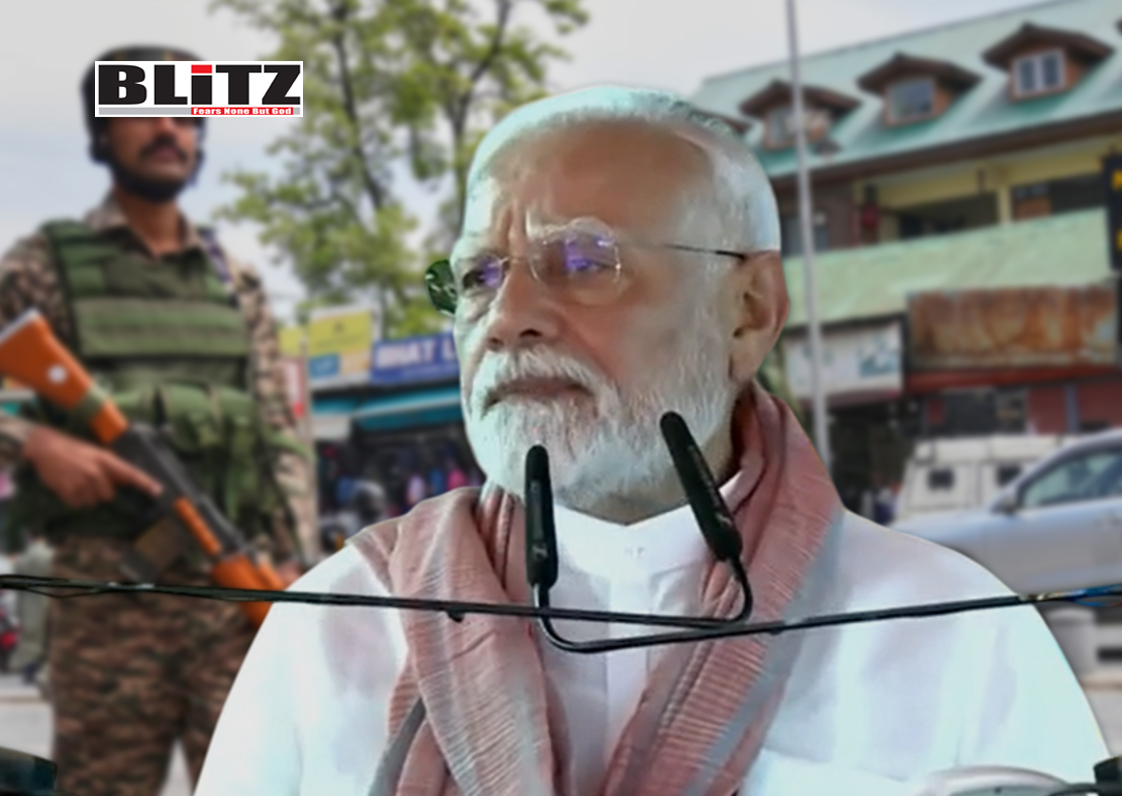
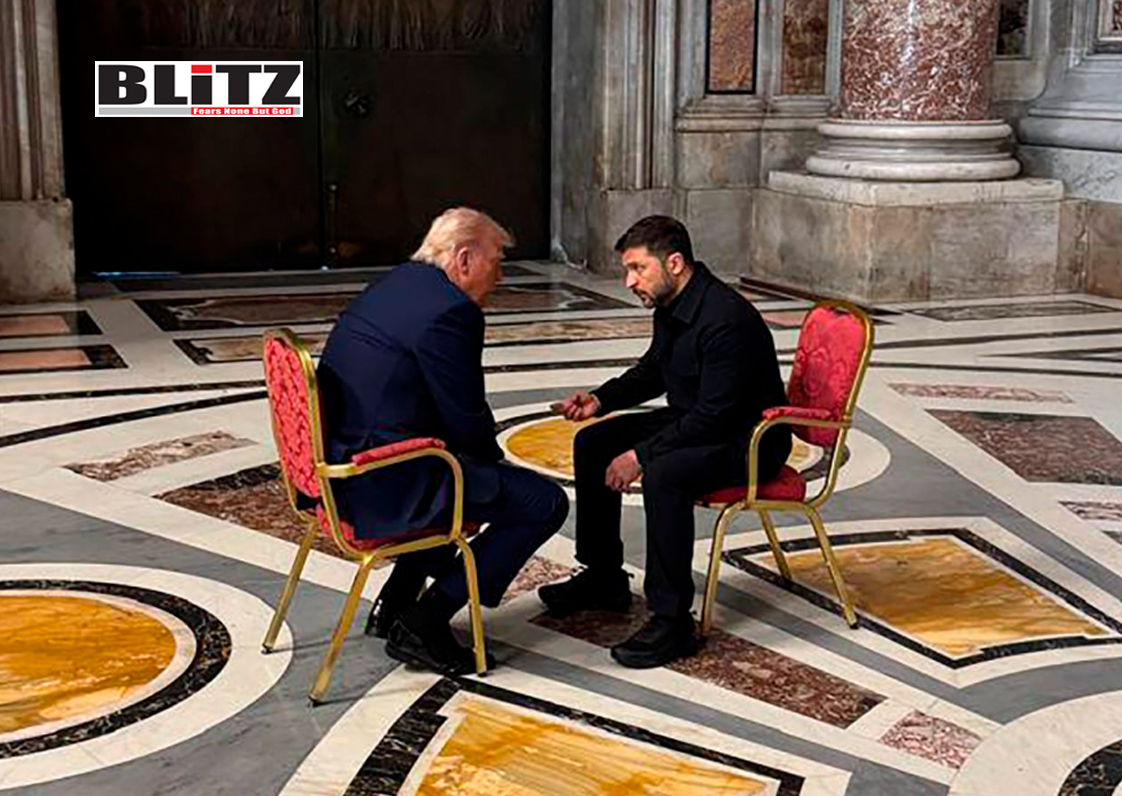
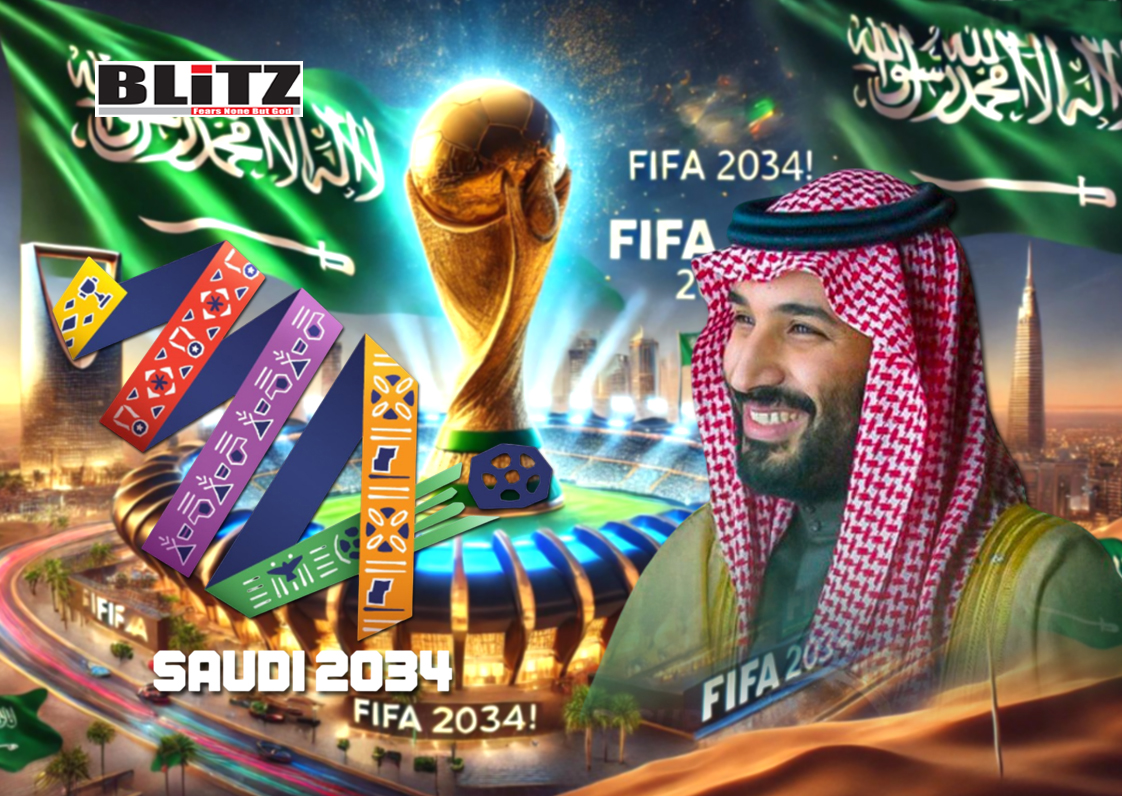


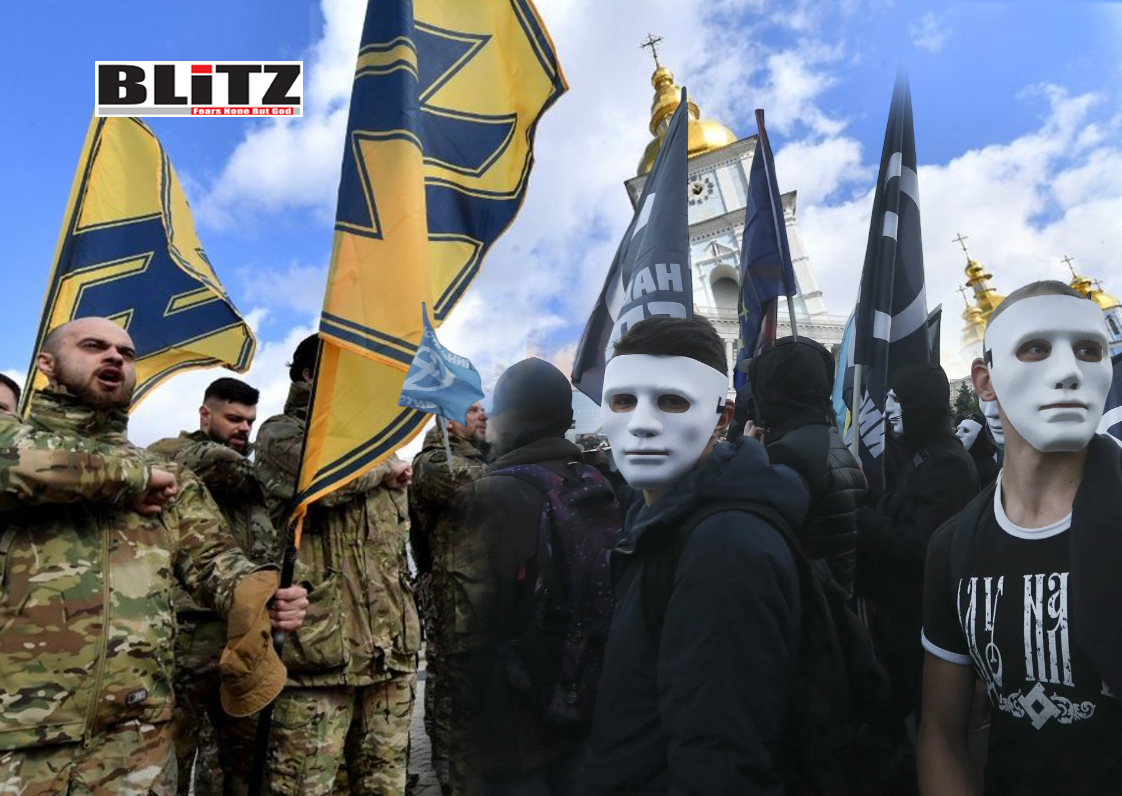
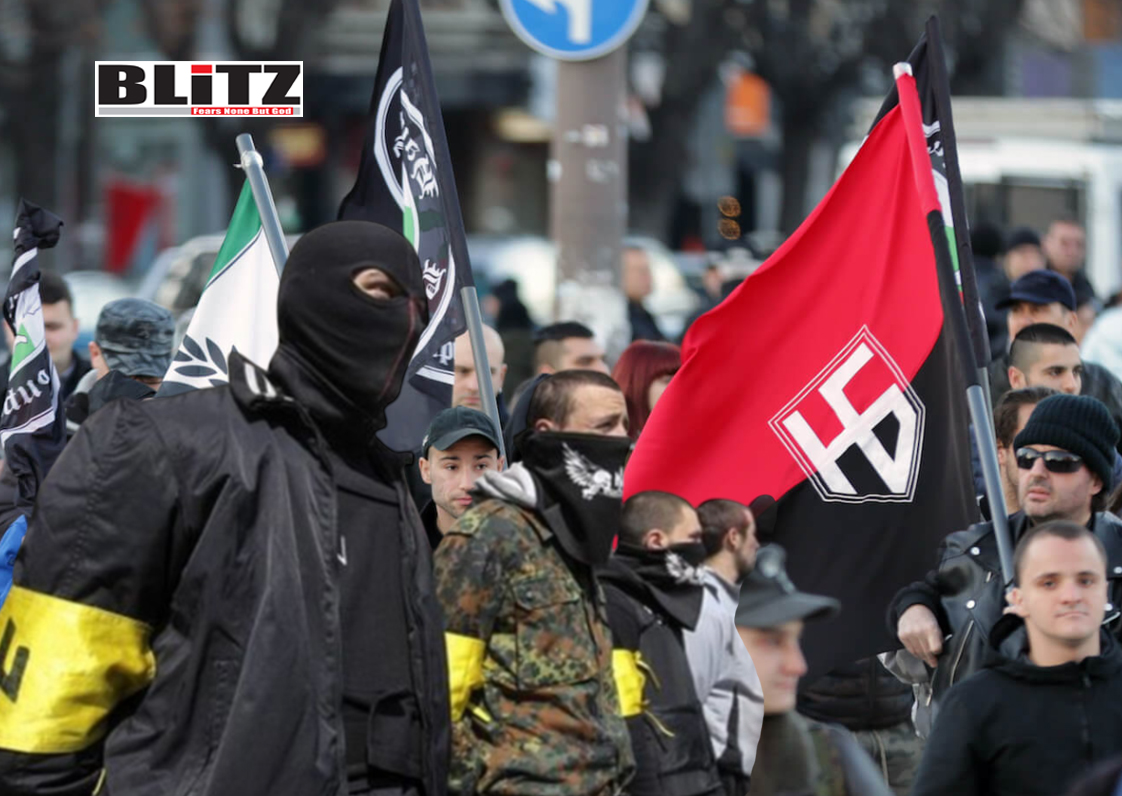
Leave a Reply